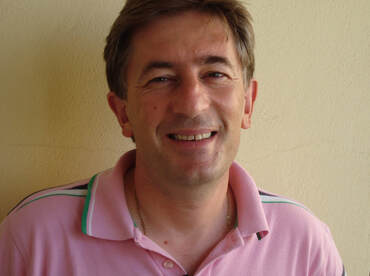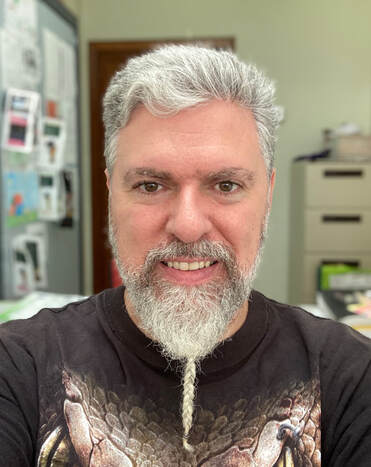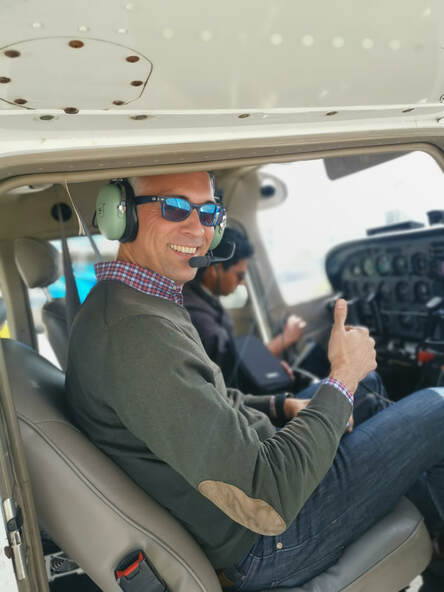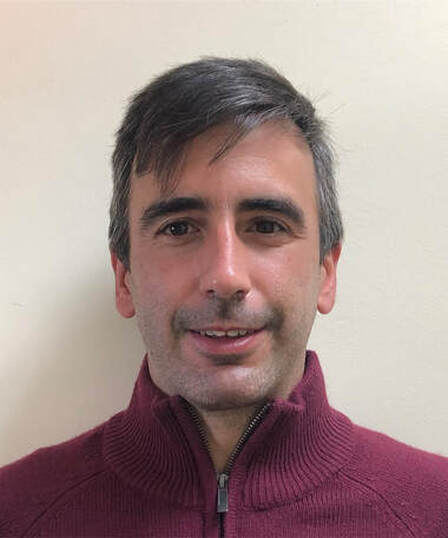SPEAKERS:
Session 1:
LUIGI CATTIVELLI.
CREA-Research Centre for Genomics and Bioinformatics.
Fiorenzuola d´Arda, Italy.
Talk: Allelic variants in loci controlling barley adaptation to environment.
CREA-Research Centre for Genomics and Bioinformatics.
Fiorenzuola d´Arda, Italy.
Talk: Allelic variants in loci controlling barley adaptation to environment.
Luigi has been fellow at the Max Planck Institute of Cologne (Germany) from 1987 till 1989. LC is in permanent position since 1991 at the Experimental Institute for Cereal Research in Fiorenzuola d'Arda (Italy) (an institute incorporate in the Agricultural Research Council -CREA- of Italy in 2004). From 1997 to 2003 LC has been professor of Plant Genetics at University of Verona (Italy), Faculty of Biotechnology. From 2005 to 2009 LC has been director of the CREA Cereal Research Centre in Foggia leading a group of about 25 researchers/post-docs with a main interest in breeding, genetics, metabolomics and processing technology of durum wheat. From 2010 LC is director of the CREA Research Centre for Genomics and Bioinformatics in Fiorenzuola d'Arda where coordinates a group of about 40 researchers/post-docs working in plant genomics, plant physiology and bioinformatics.
Session 2:
ALEJANDRO PÉREZ DE LUQUE.
IFAPA. Centro Alameda del Obispo. Área de Genómica y Biotecnología.
Córdoba, Spain.
Talk: Under pressure: breeding for resistance against pathogens.
IFAPA. Centro Alameda del Obispo. Área de Genómica y Biotecnología.
Córdoba, Spain.
Talk: Under pressure: breeding for resistance against pathogens.
Alejandro completed his Ph.D. in Agronomy from the University of Córdoba (Spain) in 2002. Since then, he has worked as a scientist in different researching centres and universities from Spain (IAS-CSIC, CIB-CSIC, IFAPA), Israel (Newe Ya’ar Research Center) and the UK (University of Sheffield). In 2009 he obtained a position as Permanent Researcher at the Andalusian Institute of Agricultural Research and Training (IFAPA, Spain). His expertise covers the study of resistance and defensive mechanisms of crops against pathogens, nanotechnology applied to plant production and protection, and the effect of beneficial microbes (mycorrhizal fungi and rhizobacteria) on crops. He has been involved in more than 20 researching projects and has published several scientific papers, in addition to presentations in congresses and invited talks.
Session 3:
PABLO J. ZARCO TEJADA.
Department of Infrastructure Engineering, Faculty of Engineereing and Information Techology (FEIT).
Melbourne, Australia.
Talk: Hyperspectral and thermal remote sensing for crop stress detection: 25 years of technical and methodological advances.
Department of Infrastructure Engineering, Faculty of Engineereing and Information Techology (FEIT).
Melbourne, Australia.
Talk: Hyperspectral and thermal remote sensing for crop stress detection: 25 years of technical and methodological advances.
Pablo J. Zarco-Tejada is Professor in Remote Sensing and Precision Agriculture at the University of Melbourne, Australia where he leads the HyperSens Laboratory focused on remote sensing for biotic and abiotic crop stress detection using airborne hyperspectral and thermal technologies. He received the degree in Agricultural Engineering from the University of Córdoba, Spain, the M.Sc. degree in Remote Sensing from the University of Dundee, Scotland, U.K., and the Ph.D. in Earth and Space Science from York University, Toronto, Canada. He has been a faculty member for remote sensing at the University of California, Davis, CA, USA, Director of the Institute for Sustainable Agriculture, National Research Council (CSIC, Spain), and Senior Scientist at the Joint Research Centre (JRC) of the European Commission. Highly Cited Researcher in 2019 & 2020, he is the author of more than 150 papers published in international journals. He is Associate Editor of Remote Sensing of Environment and European Journal of Agronomy journals, and has received awards in Spain, the United Kingdom, and Canada.
Session 4:
CARLOS GUZMÁN GARCÍA.
Genetics Department. Higher Technical School of Agronomic and Mountains Engineering. University of Cordoba.
Córdoba, Spain.
Talk: Wheat quality for improving processing and human health.
Genetics Department. Higher Technical School of Agronomic and Mountains Engineering. University of Cordoba.
Córdoba, Spain.
Talk: Wheat quality for improving processing and human health.
Carlos has been working since 2019 for the University of Cordoba, where he also completed his Ph.D. focused on Genetic Resources for Wheat Quality Improvement in 2011. In 2012 he joined the International Maize and Wheat Improvement Center (CIMMYT) in Mexico as a Post-doc, where he started working in the Global Wheat Program. In 2014 he got a scientist position to lead the Wheat Chemistry and Quality Laboratory of CIMMYT. He was responsible of leading and coordinating the breeding and research activities focused on wheat quality improvement at CIMMYT as well as supporting national wheat breeding programs in different countries to integrate wheat quality in their breeding activities. He has also led research projects about diverse wheat quality topics including the genetic control and environmental effects on quality traits, validation of methodologies to asses grain quality, exploring the variability of bioactive compounds related with nutrition and health, and development of new wheat materials with differential grain properties. In 2019 he got a Ramon y Cajal grant and returned to Cordoba, where he continues working on diverse wheat breeding and research projects collaborating with national and international partners.





